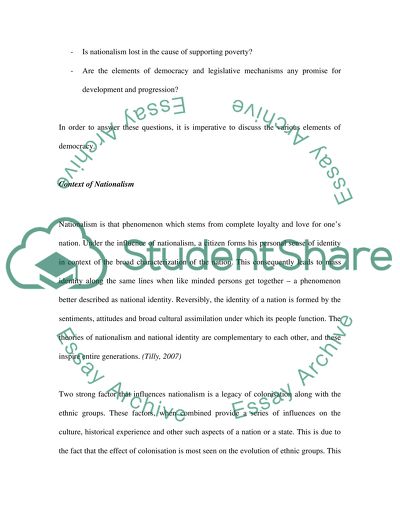Cite this document
(“Democracy in the Third World Essay Example | Topics and Well Written Essays - 2500 words”, n.d.)
Retrieved from https://studentshare.org/politics/1512905-democracy-in-the-third-world
Retrieved from https://studentshare.org/politics/1512905-democracy-in-the-third-world
(Democracy in the Third World Essay Example | Topics and Well Written Essays - 2500 Words)
https://studentshare.org/politics/1512905-democracy-in-the-third-world.
https://studentshare.org/politics/1512905-democracy-in-the-third-world.
“Democracy in the Third World Essay Example | Topics and Well Written Essays - 2500 Words”, n.d. https://studentshare.org/politics/1512905-democracy-in-the-third-world.


